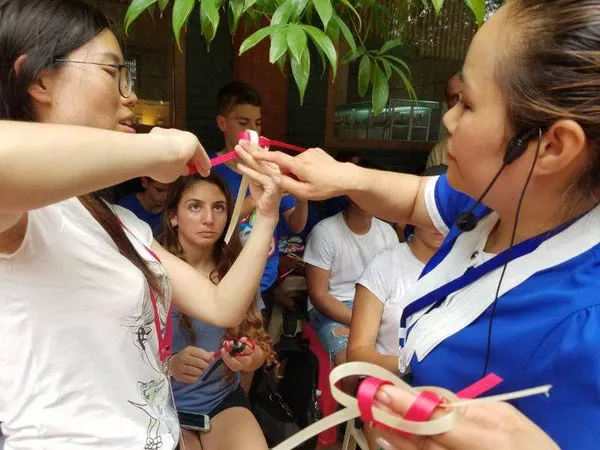The conversation surrounding mental health has reached unprecedented heights in the wake of the COVID-19 pandemic. While shifts in societal attitudes toward mental well-being were already underway prior to the global health crisis, the pandemic accelerated awareness and prompted widespread discussions about anxiety, depression, burnout, and loneliness. As we move forward, these conversations are expected to persist, reshaping expectations and norms, particularly for Generation Z entering both university and the workforce.
The pandemic forced individuals worldwide to confront mental health challenges head-on, sparking a newfound openness to discussing issues that were previously stigmatized. However, opinions on this heightened focus vary. Some argue that mental health should have been prioritized long before the pandemic, viewing the current emphasis as long overdue. Conversely, others perceive the increased attention on mental health as excessive, expressing concerns about its impact on productivity, particularly in educational and professional settings.
In classrooms, students may now expect a greater willingness to address mental health concerns among peers and educators alike. However, teachers, who may lack training in navigating such discussions, find themselves grappling with uncomfortable conversations and shouldering additional emotional burdens from students. While therapy becomes increasingly normalized, students may openly discuss their mental health challenges, while others remain hesitant to seek help, fearing judgment or stigma.
Transitioning into the workforce, young professionals may encounter differing attitudes toward mental health, particularly from older generations. Requests to reschedule job interviews citing “mental health reasons” may not always be met with understanding, highlighting generational disparities in perceptions of mental well-being.
Research indicates that achieving a work-life balance holds greater importance for millennials and Generation Z, prioritizing personal well-being over corporate objectives. While this mindset may challenge more traditional views held by seasoned professionals, it underscores the evolving priorities of the workforce.
Human Resources and Training departments must recognize the significance of mental health and well-being for young staff members, adapting policies and practices accordingly. Service providers also have an opportunity to promote mental health awareness and acceptance among guests, fostering environments conducive to holistic well-being.
Ultimately, inclusive dialogue and active listening are crucial in bridging generational divides and creating workplaces that prioritize mental health for all employees, ensuring a healthier, more productive workforce now and in the future.


























